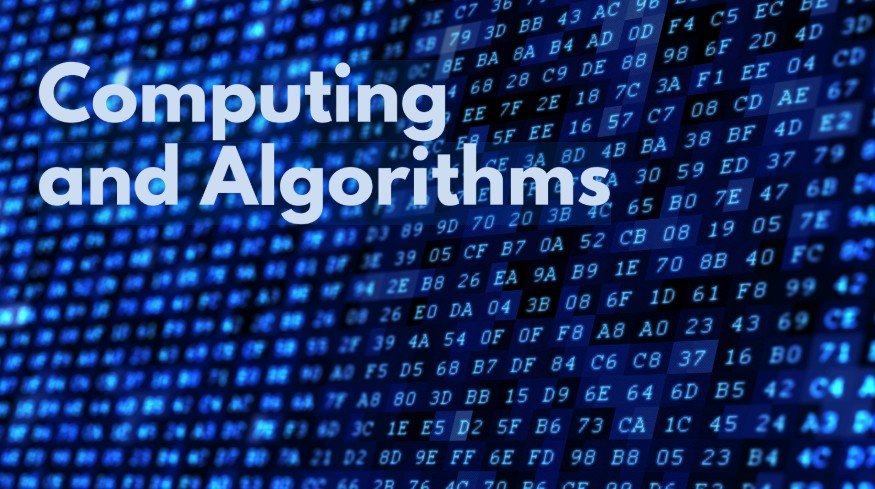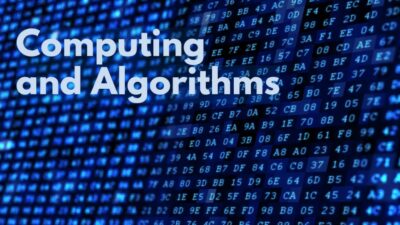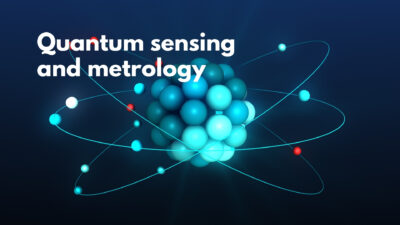The National Institute of Standards and Technology (NIST) is leading a global effort to develop post-quantum cryptography (PQC) to protect electronic data from potential quantum computer attacks. PQC algorithms are designed to be difficult for both classical and quantum computers to solve, using mathematical problems like structured lattices and hash functions instead of factoring large numbers.
NIST selected four initial algorithms for standardization, with three based on structured lattices and one using hash functions. The process involves extensive analysis and testing by cryptography experts worldwide. The new standards will be adopted by federal agencies and released for free public use, with implementation expected to take 10-20 years.
The transition to post-quantum encryption is crucial as it may take only a few years for sufficiently powerful quantum computers to be built. Harvest now, decrypt later attacks pose a significant threat to existing encrypted data. NIST’s open process involving industry, government, and academia has been key to developing practical and secure cryptographic solutions.
Source: https://www.nist.gov/cybersecurity/what-post-quantum-cryptography
Keywords: cryptography, encryption, quantum, computers, algorithms




